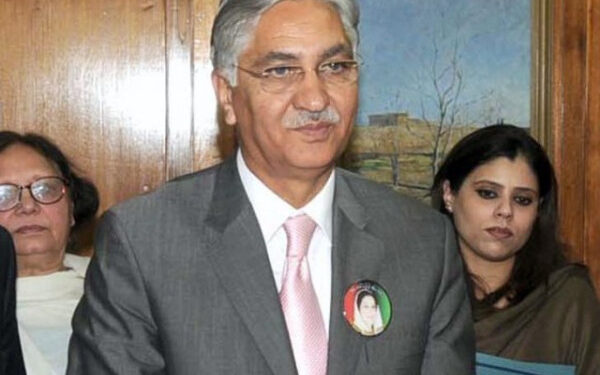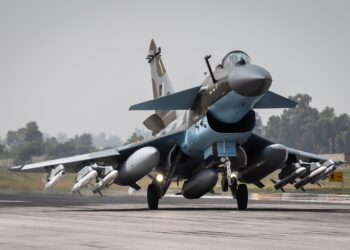Islamabad: A Political Divide on National Security Issues
Islamabad: The Pakistan Peoples Party (PPP) has expressed deep disappointment over the Pakistan Tehreek-e-Insaf’s (PTI) decision not to attend the crucial national security meeting. Secretary General of PPP, Nayyar Hussain Bukhari, criticized PTI for prioritizing politics over matters of national security, emphasizing that such issues should always remain above political differences.
PPP Criticizes PTI’s Stance on National Security
In a strong-worded statement, Nayyar Hussain Bukhari accused PTI of neglecting its responsibility towards the country by refusing to participate in the parliamentary committee on national security. He stated that PTI’s absence from such an important discussion was equivalent to indirectly supporting the forces that threaten national peace and stability.
“National security should be a matter of collective concern, not a political bargaining chip,” said Bukhari. “PTI had a valuable opportunity to contribute to a unified national stance against terrorism, but it has once again chosen division over unity.”
The Need for a United Front Against Terrorism
Bukhari stressed the importance of a unified and collective national policy to combat terrorism and extremism. He highlighted that Pakistan has suffered immensely due to terrorist activities, and any division among political parties on this issue could weaken the country’s ability to tackle the problem effectively.
“The resurgence of terrorism, particularly in Khyber Pakhtunkhwa, is a matter of grave concern,” he added. “At a time when the nation needs to stand together, PTI’s refusal to engage in discussions on counterterrorism strategies is disappointing.”
Security Challenges in Khyber Pakhtunkhwa
Bukhari particularly expressed concern over the deteriorating security situation in Khyber Pakhtunkhwa, where militant activities have been on the rise. He pointed out that the parliamentary committee on national security was an appropriate forum for PTI to present its views and offer solutions to address the growing security threats.
“Khyber Pakhtunkhwa has been one of the most affected provinces in terms of terrorist attacks,” he noted. “PTI, which previously governed the province, should have participated in this crucial meeting to provide insights and recommendations on combating terrorism effectively.”
The Role of Parliament in Shaping National Security Policy
The national security meeting was aimed at discussing key challenges facing Pakistan, including the fight against terrorism, border security, and overall stability in the region. The absence of PTI lawmakers has raised concerns about whether political differences are hindering Pakistan’s ability to address its security concerns with a collective approach.
“Parliament is the ultimate platform for developing policies that safeguard national interests,” said Bukhari. “We need a bipartisan approach to dealing with security threats. Any reluctance to participate in such discussions only weakens our stance against terrorism.”
Implications of PTI’s Absence from the Security Meeting
PTI’s decision not to attend the national security meeting has been met with criticism from various political circles. Analysts argue that avoiding such critical discussions sends the wrong message, both domestically and internationally, about Pakistan’s commitment to tackling its security challenges with unity.
Political observers also highlight that while PTI has been vocal about security concerns in public rallies and press conferences, its refusal to participate in official policy discussions raises questions about its sincerity in addressing national security issues.
Conclusion: The Need for Political Unity on National Security
In light of the growing security threats in Pakistan, especially in Khyber Pakhtunkhwa and Balochistan, national unity is more crucial than ever. The PPP’s statement underscores the need for all political parties to rise above their differences and collaborate on security issues that affect the entire nation.
Bukhari’s remarks serve as a reminder that Pakistan’s fight against terrorism cannot be won in a fragmented political landscape. Moving forward, the participation of all major stakeholders in national security discussions will be essential to ensuring a comprehensive and effective strategy against threats to the country’s stability.

























